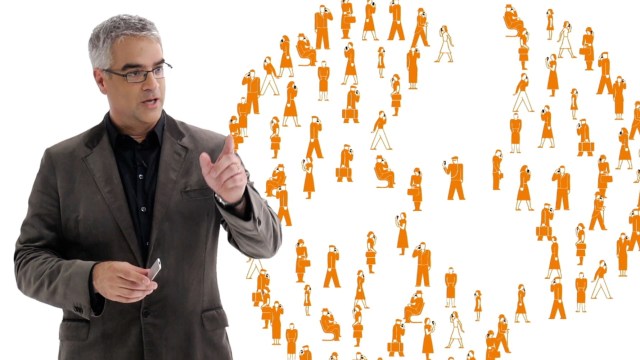Status Seekers are More Susceptible to Placebo Effect

Here’s an interesting thought: Could preconceived beliefs create a placebo effect that changes the chemistry of the brain?
Hilke Plassmann and Bernd Weber have published and interesting piece in the Journal of Marketing Research that tests if prejudices related to the price of wine, or the words used to label a milkshake, could change how our brains react before the first sip. They write:
“Studies have shown that people enjoy identical products such as wine or chocolate more if they have a higher price tag. However, almost no research has examined the neural and psychological processes required for such marketing placebo effects to occur.”
The researchers tested this idea by gathering a group of participants, and telling them they were going to taste five wines with price tags of $90, $45, $35, $10, and $5. While they consumed these wines, they were put through an MRI machine to examine their brain patterns. What the researchers kept from the subjects was that they were actually consuming three wines with only two different prices. In another experiment, participants were asked to consume two different milkshakes labeled “Organic” or “Light.” These labels were used to generate a positive or negative perception with the drink before it was even tasted. Of course, the researchers fibbed and actually gave the participants identical milkshakes when they thought they would be organic or regular, or light or regular.
Based on these two experiments, the team of researchers found that prejudices did indeed exist when participants thought they were consuming a product of high or low quality — whether that was based on a high price tag or organic manufacturing label. What’s more, the authors noted unique brain activity based on those prejudices. EurekAlertwrites that the authors were also able to “determine that people who were strong reward-seekers or who were low in physical self-awareness were also more susceptible to having their experience shaped by prejudices about the product.”
The authors concluded:
“Understanding the underlying mechanisms of this placebo effect provides marketers with powerful tools. Marketing actions can change the very biological processes underlying a purchasing decision, making the effect very powerful indeed.”
Many other studies have looked into the placebo effect. But one study recently found that the mood of a person, the weather, and other outside factors can influence how good or bad something may taste to someone, which is why location-based information and personalized websites are a marketer’s dream. Christopher Vollmer, in his Big Think interview, talks about the biggest digital trends out there right now that companies need to utilize (one of them being personalization):





